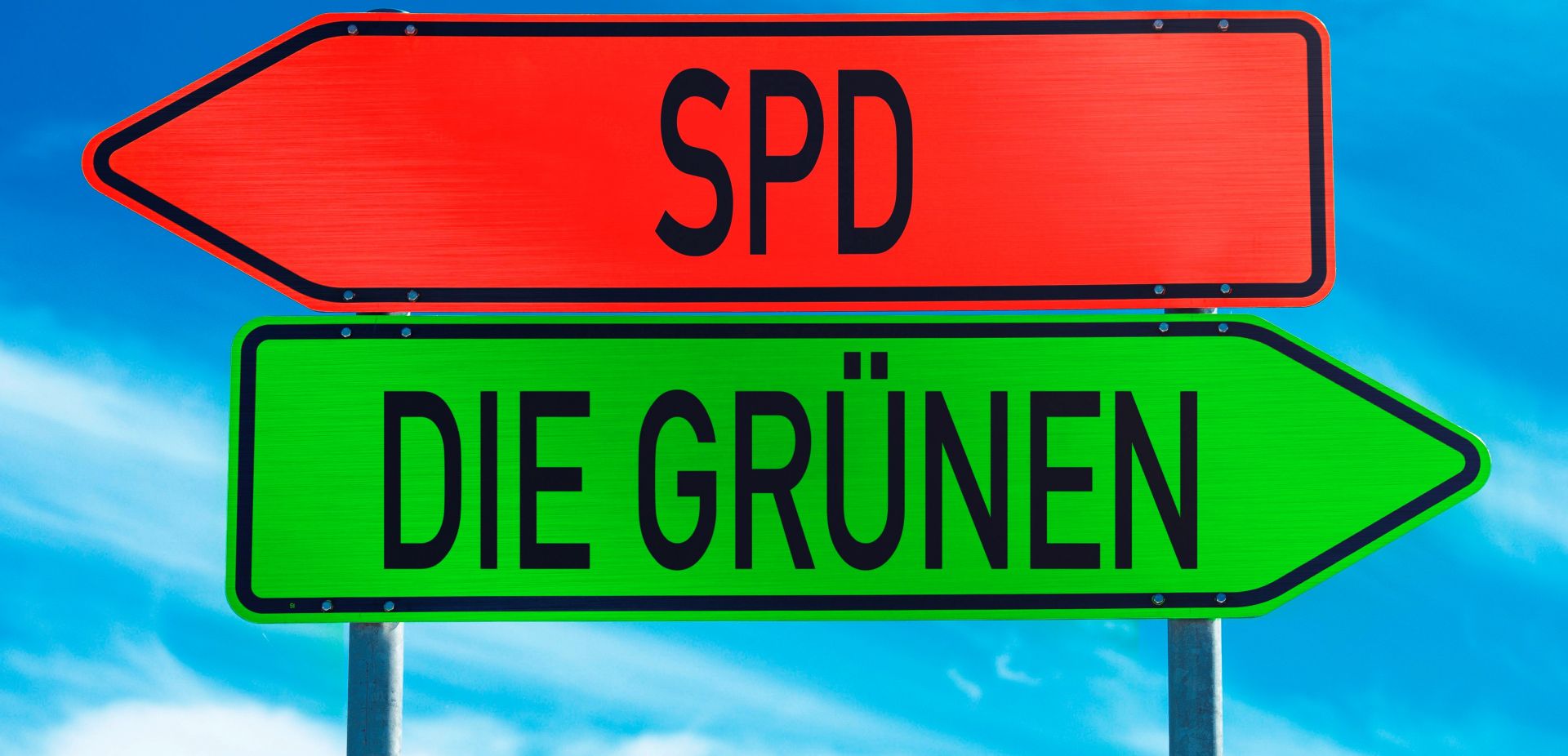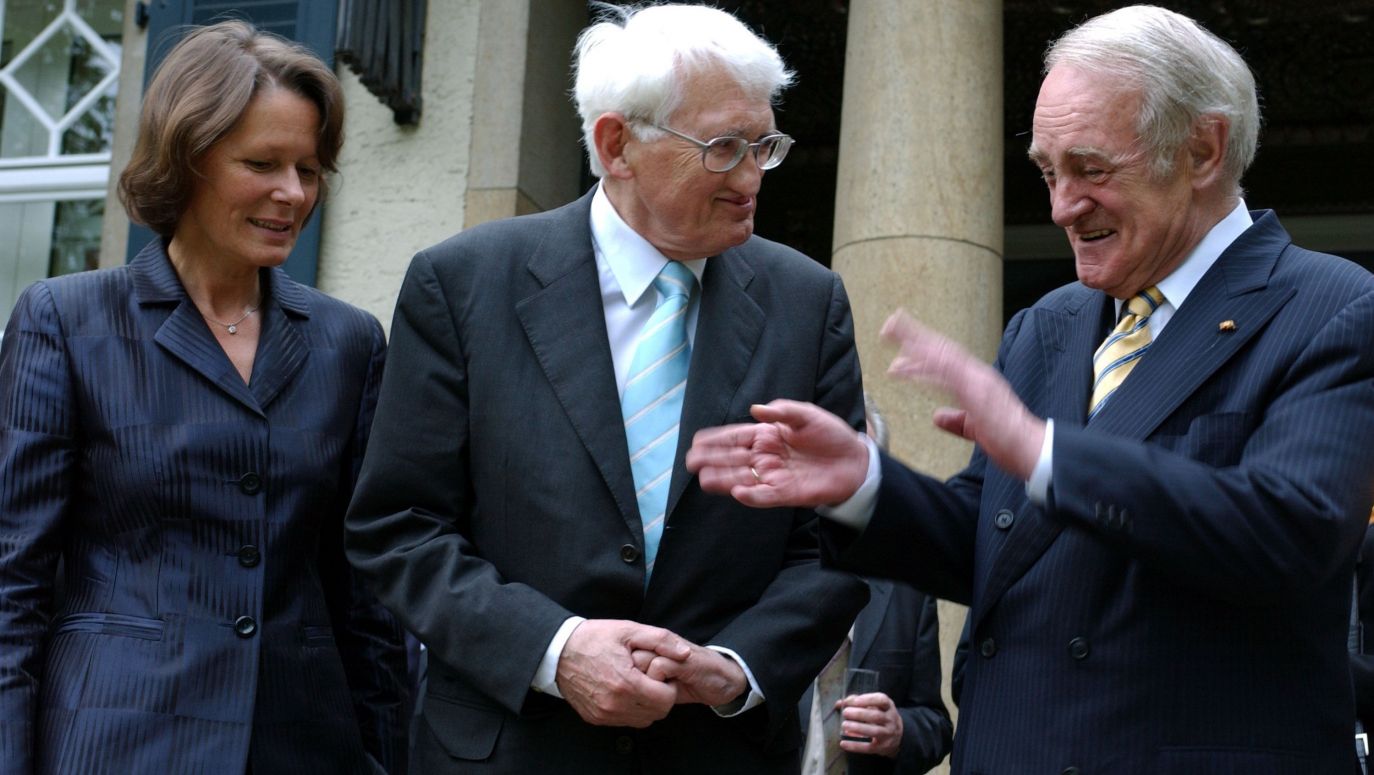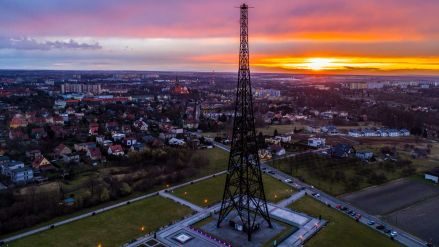Today’s situation in the world exposes the weakness of Habermas’s diagnoses and prescriptions. The conciliation of the politicians of western countries towards the Kremlin has emboldened rather than induced it to concessions. You can do intellectual cartwheels over what communication between politicians on the international stage should be like, in order for peace to reign, and even then the final word will be the interests of particular countries and various economic pressure groups. And you can’t abstract away from socio-cultural conditions. Since they shape the mentality of the players in political games. The truth is that Russia can only be suppressed by the power which in turn confuses the leaders of the West.
Against this background, the dissonance in eastern policy between the coalition partners in Scholz’s government is worthy of attention. The disillusionment of Habermas with the Greens is characteristic. During the Cold War, this grouping had a pacifist character (global nuclear disarmament was promoted) and to some degree it achieved the vision of the German philosopher. But then changes began.
It's worth remembering that as a Green politician, Joschka Fischer, Germany’s minister of foreign affairs in 1998–2005, advocated for armed NATO intervention in Kosovo (in order to prevent the massacre of the Albanian population of the region by the Serbs) and Afghanistan (in order to deal with the Taliban after the attacks on the World Trade Center and Pentagon on September 11, 2001). This fomented serious arguments in his party since it signaled the rejection of the pacifist agenda.
 SIGN UP TO OUR PAGE
SIGN UP TO OUR PAGE

Currently, in contrast to a large proportion of the German political class, the Greens are not holding any illusions towards the Kremlin, nor are they putting their heads in the sand on eastern matters. They are condemning what President Vladimir Putin is doing both inside of Russia (authoritarianism), and in the world (expansionist operations). Last year, through the words of Annalena Baerbock (before she became the minister of foreign affairs) they spoke out against activating Nord Stream 2. Among the objections to this undertaking was that Russia treats the gas pipeline as a tool for energy blackmail.
On the other hand, the politicians of the Social Democratic Party of Germany (SPD) are behaving differently than the Greens. Though much unites the two leftist groupings (including the project of European federalism or the favoring of various “minorities”), the Social Democrats are the heirs to the line carried out at the beginning of the 21st century by their leader at the time, Chancellor Gerhard Schröder. Then, he and the president of France, Jacques Chirac, stood at the head of the EU’s anti-American front. He carried out a policy based on the hegemony of Germany in Europe, resulting in a “symmetrical” position towards the US and Russia. And just before the end of his work as chancellor, he signed a contract with the Russians to build the first Nord Stream.
As is commonly known, Schröder, a politician of “old” Europe (and that of the mainstream, not the anti-establishment right) in allowing himself to be corrupted by the Russians, became an emblematic figure. Just as soon as he stopped being prime minister of Germany, he accepted a position in the Gazprom-controlled consortium building Nord Stream. He made money from Russian energy companies.


 SIGN UP TO OUR PAGE
SIGN UP TO OUR PAGE






